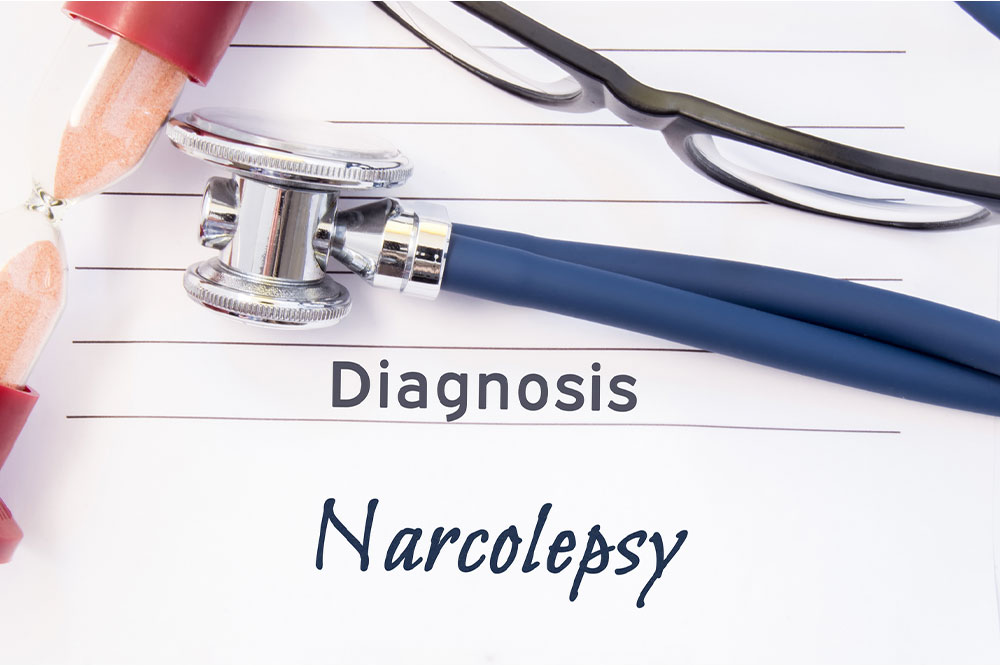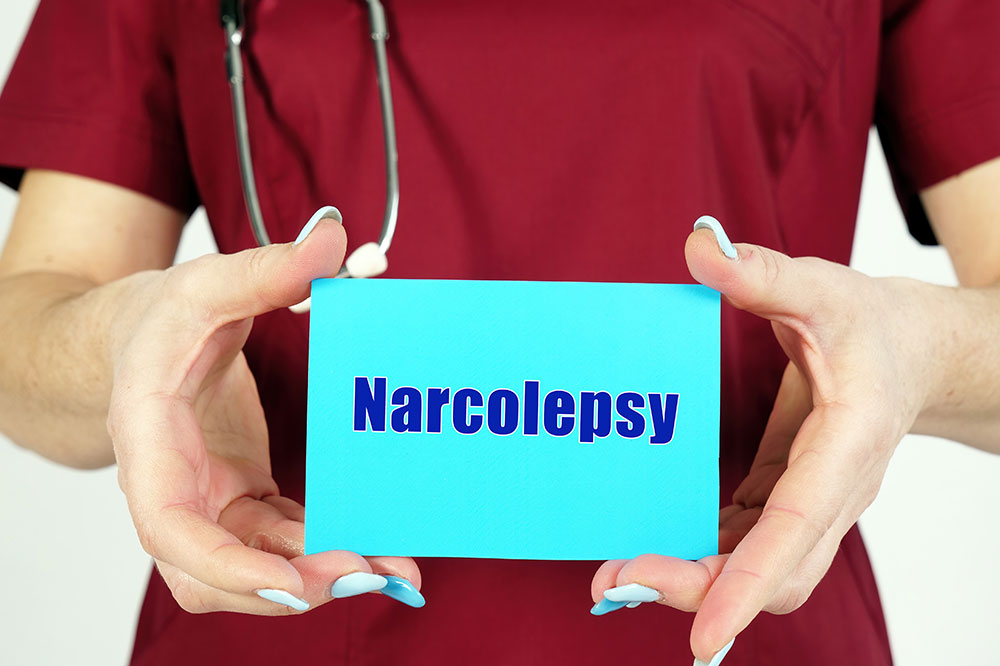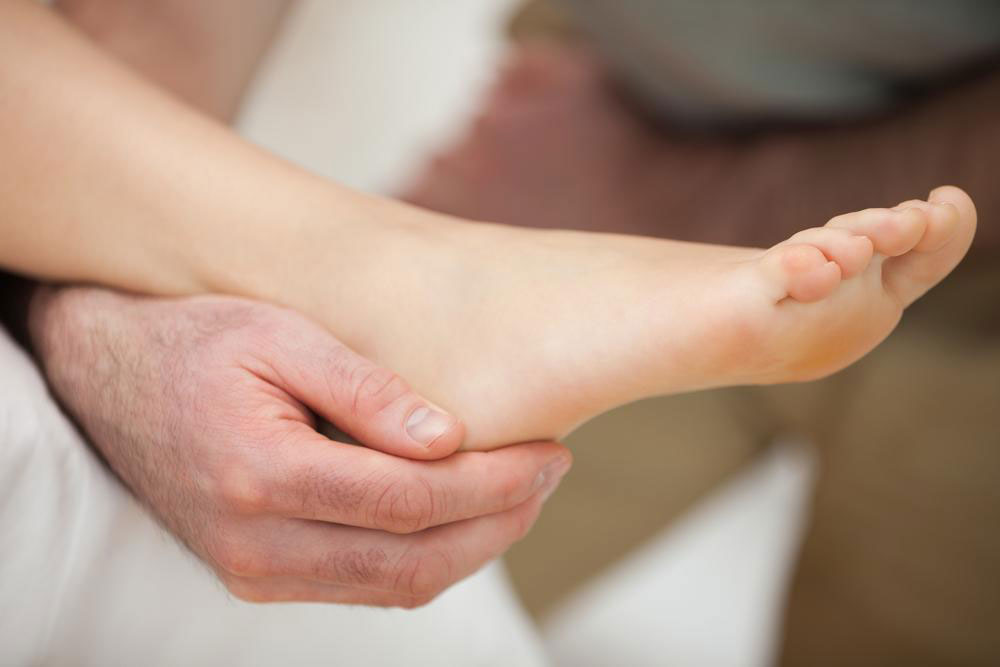Recognizing the Top 6 Signs of Narcolepsy
Discover the six key symptoms of narcolepsy, a sleep disorder causing sudden sleep attacks, muscle weakness, hallucinations, and more. Early recognition can help manage this chronic condition effectively through medical treatment and lifestyle adjustments.

Narcolepsy is a long-term sleep disorder characterized by overwhelming daytime drowsiness and abrupt sleep episodes. Individuals with this condition struggle to stay awake for extended periods, often feeling excessively sleepy and fatigued. This article highlights the key indicators and symptoms of narcolepsy that require attention.
Symptoms of Narcolepsy
Early detection of narcolepsy symptoms is crucial to prevent worsening. Since there is no known cure, managing symptoms typically involves medication and therapy.
Extreme Daytime Sleepiness
This is the most common symptom. Affected individuals may suddenly fall asleep without warning, whether at work or during social activities. Though they awaken feeling refreshed, drowsiness quickly returns.
Impaired Focus and Alertness
Persistent sleepiness can impair concentration and mental clarity, impacting work performance and reliability.
Sudden Muscle Weakening
Also called cataplexy, this involves unexpected muscle weakness triggered by strong emotions like laughter, anger, or surprise. Symptoms include slurred speech, drooping eyelids, and knees buckling.
Sleep Paralysis Episodes
Patients might temporarily be unable to speak or move when falling asleep or waking up, often lasting a few seconds to minutes.
Daytime Rapid Eye Movement
Unlike normal sleep, people with narcolepsy may experience REM sleep at any time during the day, leading to vivid dreams or hallucinations.
Hallucinations
During sleep onset or awakening, hallucinations may cause the individual to perceive illusions or vivid dreams as reality.
Important Reminder:
This article provides informational insights into symptoms and management of narcolepsy. It should not replace professional medical advice. Consult healthcare providers for diagnosis and treatment options.










